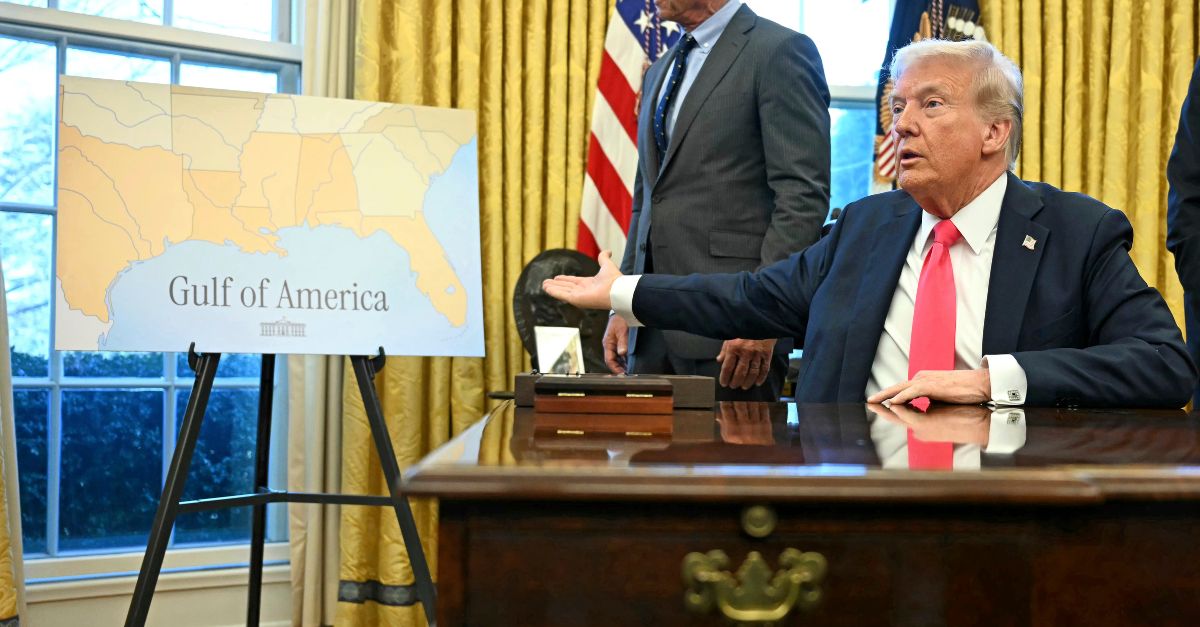Judge Sides with Associated Press, Orders White House to Restore Press Access
In a case that’s stirred debate across media and political circles, a federal judge appointed by former President Donald Trump has ordered the White House to give back full press access to the Associated Press (AP). The decision comes after the news agency was locked out of certain events — including briefings in the Oval Office and trips on Air Force One — simply because it refused to call the Gulf of Mexico by a new name pushed by the administration.
Where It All Started: The ‘Gulf of America’ Dispute
This whole situation began earlier this year when the Trump administration issued an executive order declaring the Gulf of Mexico would now be referred to as the “Gulf of America” — a move many saw as purely political and lacking scientific or international backing. The AP, standing by its editorial standards and global naming conventions, chose to stick with the widely accepted term: Gulf of Mexico.
Soon after, reporters from the AP noticed they were being excluded from White House events. No explanation. No warning. Just denied access — something journalists consider a serious breach of press rights in a country built on freedom of the press.

A Judge Steps In: ‘You Can’t Just Shut the Door’
The AP filed a lawsuit in February, arguing that the White House was punishing them for doing their job — reporting the facts as they saw fit. On Monday, U.S. District Judge Trevor McFadden — again, a Trump appointee — ruled in their favor.
In his written opinion, McFadden didn’t mince words: “If the White House is going to open its doors to some journalists, it can’t slam them shut on others just because it doesn’t like what they’re reporting.” His ruling emphasized that the First Amendment protects journalists from being excluded based on their editorial choices or viewpoints.
Why This Ruling Matters
This wasn’t just about a name change. At its core, this case raised bigger questions: Can the government control how the media reports the news? Can it punish journalists for not toeing the line?
The judge’s ruling made it clear: No, it can’t.
For press freedom advocates, this decision is a major win. It reaffirms the idea that no matter who’s in office — Republican, Democrat, or otherwise — the media has a right to access and report the news freely, without retaliation or political games.
The White House’s Silence — For Now
As of now, the White House hasn’t said whether it will appeal the decision. Press Secretary Karoline Leavitt hasn’t responded to questions about whether the administration will comply or fight the ruling.
Meanwhile, the Associated Press welcomed the decision and released a short statement saying they were “grateful the court recognized the importance of press access and the dangers of retaliation.”
Bigger Picture: A Reminder of the Role of the Press
This isn’t the first time tensions have flared between a presidential administration and the media, but it is one of the more high-profile legal wins for the press in recent years. Legal experts say the ruling sets a strong precedent — especially when a judge appointed by the very president in question upholds the rights of a news organization that challenged him.
It’s a reminder that the courts can still serve as a balancing force, especially when politics and press freedom collide.
As the Trump administration weighs its next steps, journalists, legal scholars, and free speech advocates will be watching closely. But for now, the AP can breathe a little easier — and get back to doing what it does best: reporting the news, no matter where it leads.


Comments are closed, but trackbacks and pingbacks are open.